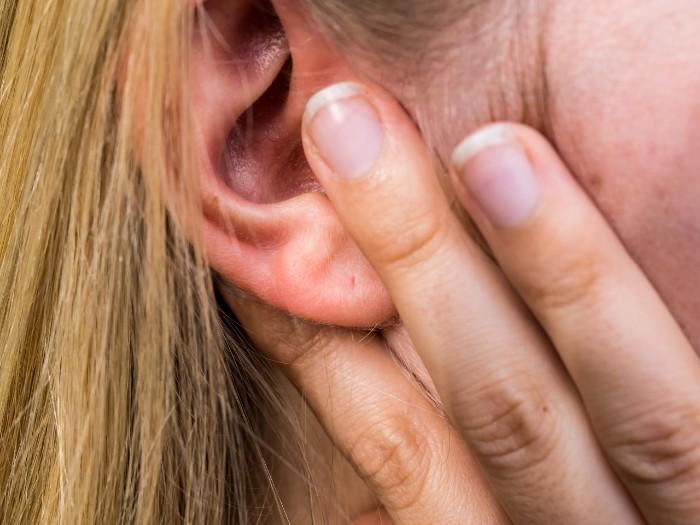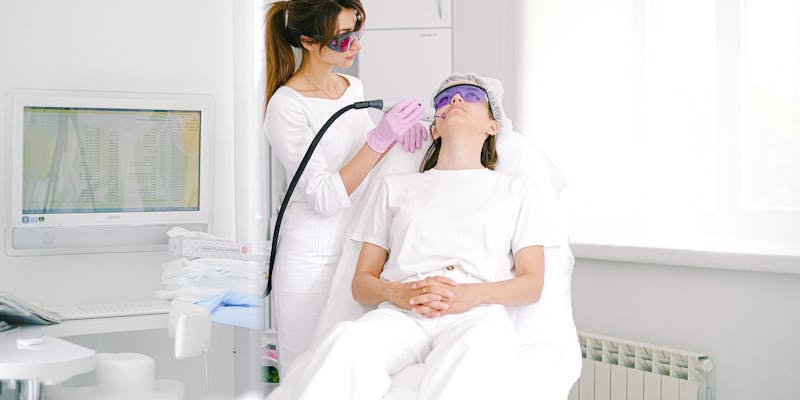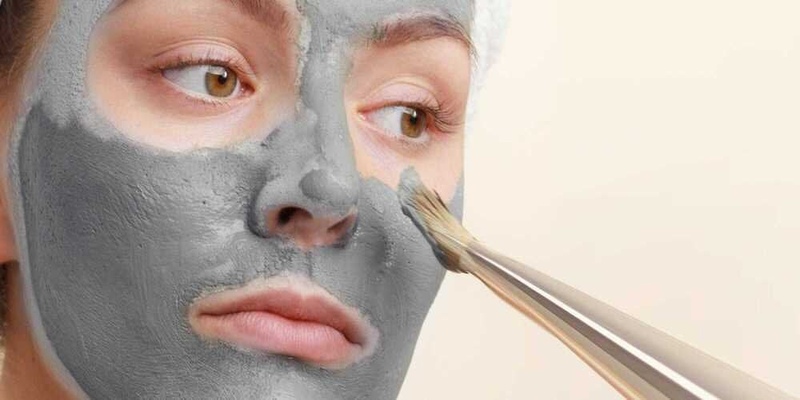Have you ever felt like there was something in your ear? It might feel like a stuck piece of cotton or more uncomfortable—like you're hearing extra noise, ringing, vibration, or difficulty. If this is the case, tinnitus and earwax impaction may be to blame. This blog post will explore the potential causes of feeling something in your ears and how to best find relief from such sensations. Read on to learn more about these common problems and how to protect yourself against them.
Understanding the Different Causes of Ear Sensations
If you feel something is in your ear, it could be due to several different things. It could be an accumulation of wax or debris built around the ear canal, creating an unusual sensation. It could also be caused by inflammation or infection within the ear that is causing pain, itching, or pressure sensations. Sometimes, a foreign body may have lodged in the ear, causing the sensation. In rare cases, it could be caused by something more serious such as a tumor or an acoustic neuroma.
It is important to understand what is causing your ear sensations so that you can determine the best course of action for treatment. If you are feeling pain, seeking medical attention immediately is important. Suppose the sensation is not associated with pain or discomfort. In that case, a visit to your doctor may still be recommended to rule out any underlying causes and provide further relief from the sensation.
The Science Behind Inner Ear Sensations

One of the most common reasons people feel that something is in their ear is due to a condition known as eustachian tube dysfunction (ETD). ETD occurs when the Eustachian tube, which connects your middle ear to your throat and nose, becomes blocked. This can cause pressure and fluid buildup, resulting in the feeling that something is in your ear.
Other causes of an inner ear sensation include blockage due to wax buildup, a foreign object lodged in your ear canal, or an infection. Allergies can also cause inflammation or fluid build-up, leading to this sensation.
If you are experiencing a feeling of something in your ear, it is important to see a doctor for an examination. A doctor can determine the cause and provide appropriate treatment, such as medications or even a procedure like a myringotomy (a minor surgical procedure) to remove fluid or wax buildup.
Understanding why it feels like something is in your ear, you can better determine how to proceed with treatment and find relief.
Common Reasons for Feeling Something in Your Ear
It may feel like something is in your ear for various reasons. Some of the most common causes include:
- Excess Ear Wax. Glands in the ear canal produce ear wax and can accumulate over time, leading to a feeling that something is stuck inside your ear or blocked.
- Foreign Objects. Small objects such as beads, cotton swabs, or insects can get lodged and cause a feeling of something being stuck in your ear.
- Swimmer’s Ear. This infection is caused by bacteria entering your ear canal through water that isn't completely dry. It's common in people who swim frequently and can lead to inflammation and itching in the ear.
- Skin Conditions. Certain skin conditions, such as eczema or psoriasis, can cause dryness and irritation in the ear canal, which may lead to a feeling that something is inside your ear.
How to Identify If You Have an Infection or Injury

If you’re experiencing fluid buildup, pain, or discomfort in your ear, it could be a sign of an infection or injury. Common symptoms of an ear infection can include a feeling of fullness in the ear, muffled hearing, vertigo (dizziness), ringing in the ears, and facial pressure. More serious injuries can cause hearing loss, facial paralysis, and tinnitus. To diagnose an ear infection or injury, it’s important to seek medical help from a doctor or audiologist.
An otoscope, a tool used to inspect the inner ear, may be provided by your doctor to observe any signs of infection or damage. They can also perform additional tests, such as hearing tests and CT scans, to determine the seriousness of your condition. Sometimes, a doctor may prescribe antibiotics or other medications to treat an infection or injury.
If you’re experiencing persistent symptoms that suggest an ear infection or injury, it’s important to seek medical help immediately. Early diagnosis and treatment are essential for minimizing discomfort and preventing further damage.
FAQs
Why does it feel like something is inside my ear?
Eustachian tube dysfunction (ETD) is most commonly caused when the Eustachian tube, which connects your middle ear to your throat and nose, becomes blocked. This can cause pressure and fluid buildup, resulting in the feeling that something is in your ear. Other causes of an inner ear sensation include blockage due toax buildup, a foreign object lodged in your ear canal, or an infection. Allergies can also cause inflammation or fluid build-up, leading to this sensation.
What should I do if something is in my ear?
If you are experiencing a feeling of something in your ear, it is important to see a doctor for an examination. A doctor can determine the cause and provide appropriate treatment, such as medications or even a procedure like a myringotomy (a minor surgical procedure) to remove fluid or wax buildup.
What are the symptoms of an ear infection?
Common symptoms of an ear infection can include a feeling of fullness in the ear, muffled hearing, vertigo (dizziness), ringing in the ears, and facial pressure. More serious injuries can cause hearing loss, facial paralysis, and tinnitus. It is important to seek medical help from a doctor or audiologist to diagnose an ear infection or injury.
Conclusion
Ear sensations can feel strange and uncomfortable and can also be a sign of a medical issue. Understanding the causes, symptoms, treatments, and when to see a doctor are all important steps in managing any ear sensation you experience. Educating yourself on inner ear health will help you better identify what could be causing the issue. It is quite common to have an outer or middle ear problem, such as wax buildup or an infection, but it’s always best to find out the cause by seeing your doctor as soon as possible.







